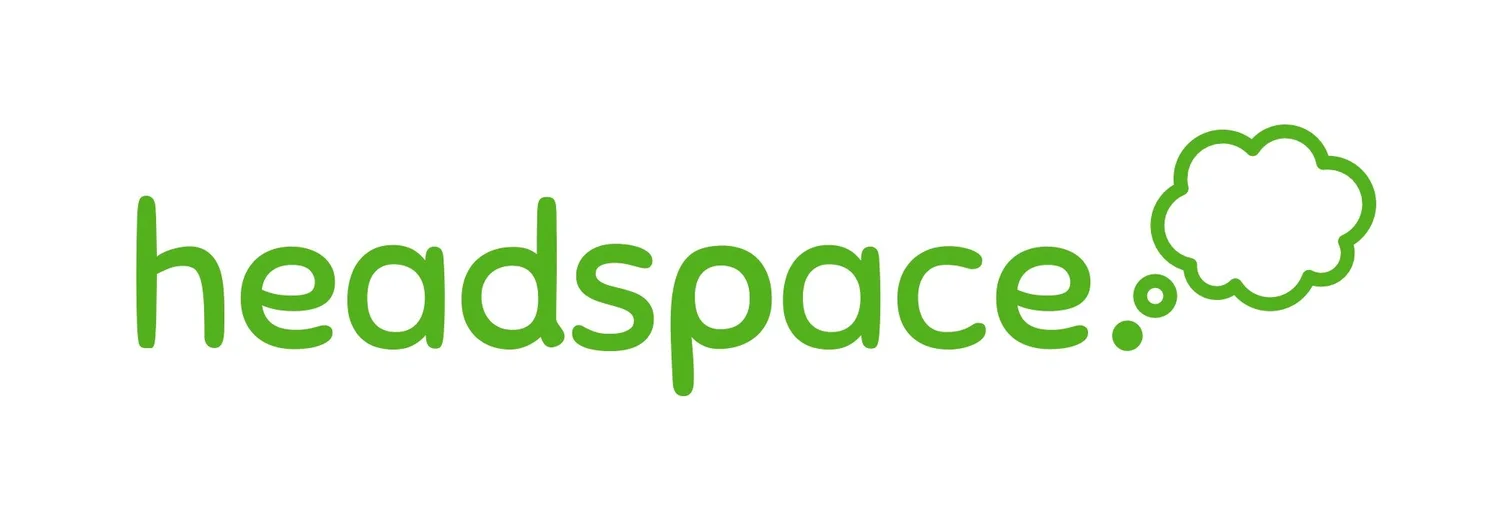Without Knowledge There's No Content
When I started working in the brand agency world, (yes, the words distant and past do come to mind) knowledge management was my thing. In fact, knowledge management was everyone’s thing. Led by the big corporates, many companies, whatever their shape and size, developed an almost evangelical zest for building systems to help them exploit their own unique pools of knowledge. Over the space of two to three years there were conferences, books, seminars – a whole new job market – around how to create and sustain knowledge-rich organisations.
Back then, I helped set up knowledge systems and nurture knowledge sharing cultures. Knowledge is power was the drum I banged, steadily and repeatedly, for several years. Having the ability to access and use knowledge and expertise within an organisation is crucial to how well it functions as a business, I argued, how it meets customers’ needs, solves their problems and attracts new clients. Essentially, how it maintains competitive advantage.
Today, as a writer, my job is to find and exploit this knowledge so I can create quality content for my clients. No matter how good the writing, without something interesting to write about, it’s hard to produce something that sticks. The ability to tap into my client’s unique insights and experience when researching a piece is crucial. In this content-greedy world where the pressure to publish is constant, knowledge management is more important than ever. Knowing what knowledge lies where in your company is the first step towards delivering powerful and differentiating content. The kind that perfectly underpins a proposition, bringing what a company offers to life for its target audience.
For example, my inbox is full of content marketing. Half of it goes straight into my junk folder. The rest sulks, unopened, waiting for me to hit delete. But there are a handful of emails I look forward to reading. One is Sonder and Tell’s newsletter, The Word. It’s a great example of content showcasing knowledge. It oozes wordy expertise, and gives readers a real insight into this communication agency’s unique skill-set. It’s well written (they’re a bunch of writers), but equally as important, the content is authentic and valuable to anyone interested in using words to build brands.
I also always come back to IBM’s legendary ‘Smarter Planet’ strategy from a few years ago. So much more than just corporate branding, this is a pioneering example of a rich, thought-leadership driven content strategy, that articulated the firms’ world-view on the power of technology for good. It showcased IBM’s innovative thinking on the future of cities, logistics, healthcare and more, and delivered content that fuelled many initiatives, such as global forums, exhibitions and thinktanks. According to IBM, Smarter Planet generated revenue of $3 billion in just one year alone.
That’s why we should view knowledge and content management as siblings; closely related practices that rely on each other to work. Whilst one was born to locate where experience, expertise and insight live in an organisation, and endlessly persuade people the value of sharing it, the other clearly shows us that it’s only through sharing knowledge, that it has any value at all. Content Management’s ultimate goal is dissemination. In fact, the more a piece of content is shared, the more value it has - thanks to SEO. A good content strategy packages our knowledge and publishes it, in a way that has the most value for whoever consumes it – audience, customers, readers or community.
What I’m saying is that without good knowledge management there’s no interesting content to share. And without content management, those knowledge-rich assets won’t deliver the same value. Tapping into the knowledge holders in an organisation will fire up any content plan. Their insights will feed it with originality and authenticity. Harnessed in the right way, your people’s unique mash-up of experience and expertise can help to create content that’s meaningful to your organisation, its purpose, and, crucially, your target audience. As I said, knowledge is power. But only if it’s shared.
I write content for brands, companies, organisations. If you need help writing compelling, relevant content, get in touch.



